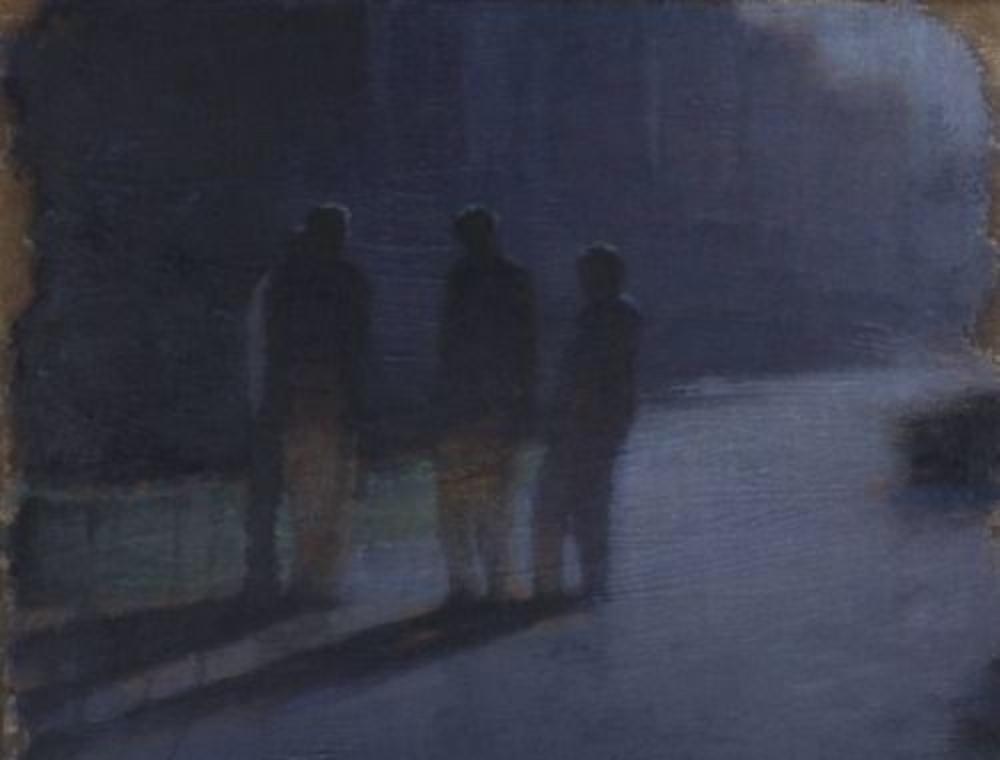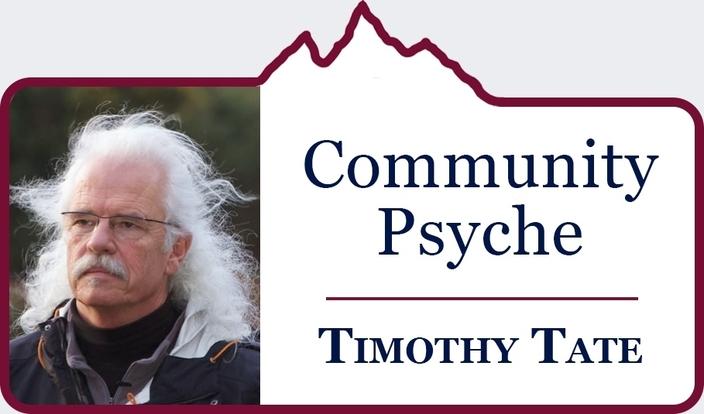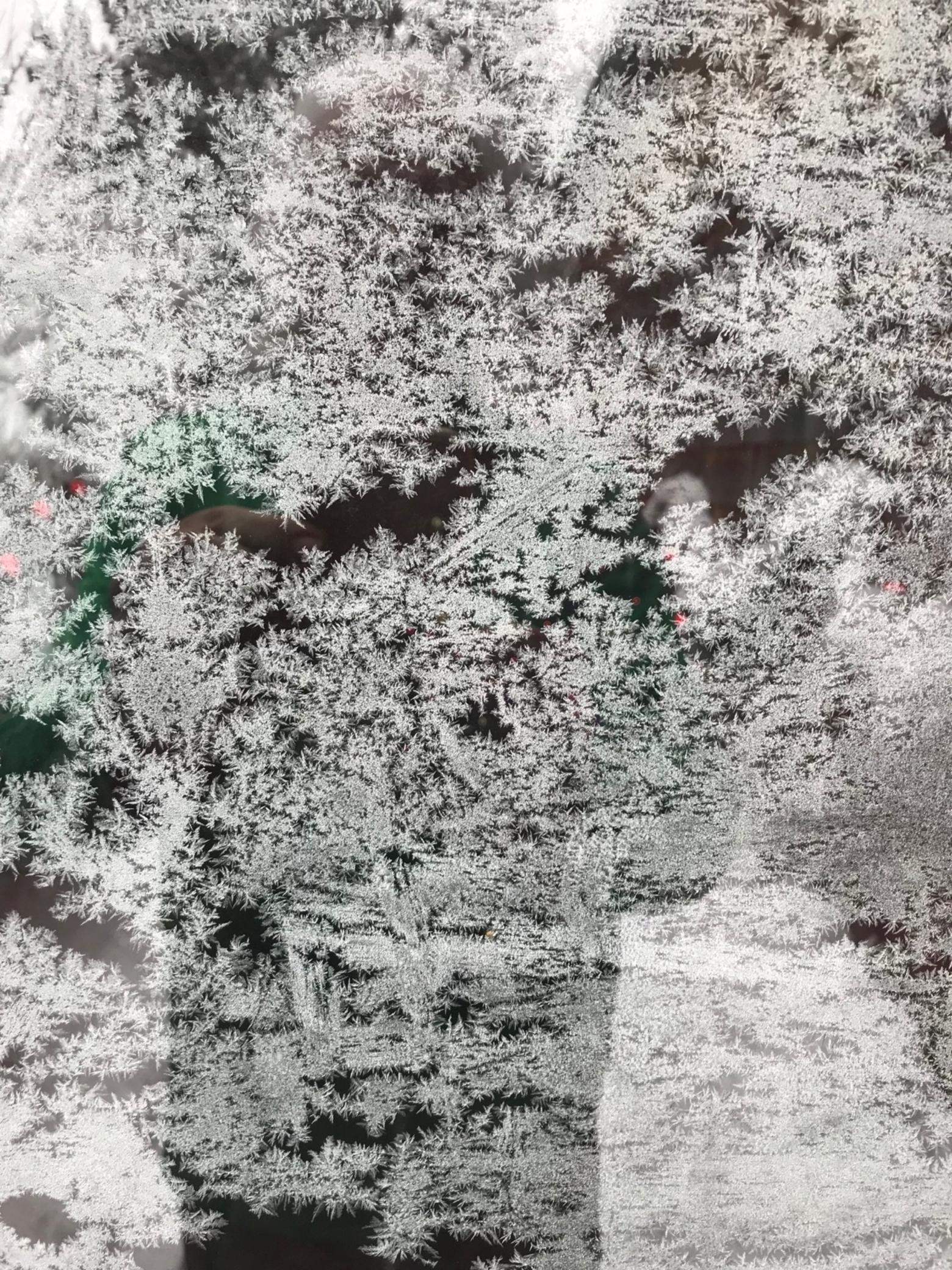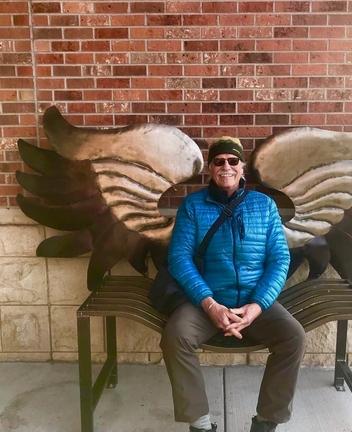Back to StoriesNavigating The Wilderness Within
January 10, 2019
Navigating The Wilderness WithinTimothy Tate: Just as the backcountry brings perils, so, too, the mental space filled with charged emotions at the start of a new year.
It’s a form of hubris, I guess.
From decades of practicing psychotherapy I can lay claim to knowing the corners and shadowlands of our minds. Thousands of people have told me the lay of their inner landscape, many in graphic detail. “Knowing,” I realize, is a dangerous assumption. It’s like thinking you knowthe territory that girds a well-traveled trail, often convinced that it is safe and predictable in its path until an unexpected peril intervenes.
The uncertainty of life, like northern Rockies weather, defies our feeble human mental attempts to regulate its capriciousness. Some of us may plan a family hike, kids in tow, up a posted trail towards Mt. Blackmore in the Gallatin National Forest following the weather forecast’s prediction of but a twenty percent chance of precipitation. Then we get clobbered by a rogue thunderstorm whose lightning strikes charge the air with ozone, electrifying oxygen molecules and jolting our hearts.
Nature will not be tamed neither in its earthly expression nor in our inner world. Trying to tame our nature is like betting on worry as a solution to trouble. It’s no wonder that anxiety is rampant as a condition. I see it. Anxiousness seems to hang in the air now of our national consciousness. And in mountain towns, the paradises that are part of the Greater Yellowstone Ecosystem, it assumes many forms.
Nature will not be tamed neither in its earthly expression nor in our inner world. Trying to tame our human nature is like betting on worry as a solution to trouble. It’s no wonder that anxiety is rampant as a condition.
Our big brains can escape the safety of the climbing harness of conditioned normality at any given moment and fly away into the infinite possibilities of harm and trouble lurking in the sudden unknown. This tenuous relationship with reality was brought home during our recent holiday season, a time when we gather with loved ones to tell and hear stories of a year passing. Read my previous column which describes that by clicking here.
Maybe you experienced what I am describing. We wait for months to welcome home family from afar or round up the local loved ones for holiday celebrations gladly falling down the rabbit hole of parties, dinners, and festive events. The days are packed with expectations even as we unpack presents and distinctive holiday goodies. Sometimes we engage in manic reverie.
Who knew there was so much sugar, alcohol, gluten, chocolate, and meat being consumed in the neighborhood?
There is a sense of abandonment, however, in the chilly air. Vowing to regulate our diet post holidays we give ourselves a pass and pop another Ghirardelli dark raspberry bon-bon down the gullet. I love gluttony if only for two weeks. I certainly understand its “sinfulness”: but it is an episode rather than a lifestyle, all that salt, sugar, and fat. Yes, it is okay to indulge once in a while.
We ingest other content as well. It feels like my brain’s Central Processing Unit (CPR) is running non-stop fielding stimuli at the same rate my gut is processing rich food. Mind you, I am enjoying this ribald onslaught of mental, emotional, and substances as much as anyone else. I am also acutely aware of how what I am describing is a first world elite problem, punctuated by abundance.
° ° °
Let’s accept, for now, the relativity of suffering as a variable, as in contrasting the toll the neurotic takes on one as compared to the literal toll simply surviving extracts on another.
Yes, we are blessed in the Mountain West of America even though if we follow the spine of the continent from the Canadian Rockies down to the Sierra Madre we find alarming destitution in pockets of poverty and economic exclusion—things forgotten in communities like ours so often centered on self-indulgence.
As I've said the holidays bring elevated expectation but the post-holidays can for us, as we navigate the inner wilderness bring more intense feelings of inadequacy.
As I've said the holidays bring elevated expectation but the post-holidays can for us, as we navigate the inner wilderness bring more intense feelings of inadequacy.
Watch out: the aftermath of our shared holiday intensity is a second cousin to postpartum depression. The surge of depression and suicidal ideation in the wake of our holiday mythology’s impact is well known to mental health practitioners. We constellate the emotional stars of hope, misguided expectations, and inchoate intimacy as a tenuous reality that disappears as quickly as it dawns leaving in its nadir a felt sense of clumsy despair. This yields an insurgence of vulnerability.
Somehow, the high expectations of the holiday season often don’t meet reality, and euphoria can wear off like the sugar buzz riding in the box of See’s.
How can I feel so close, share such joyful intimate times and yet collapse into a shivering fear of what might happen to my loved ones once they are gone and back in their urban lives?
Even therapists occasionally get the blues. I’m a Dad, a husband, and a brother. Like the cold snap that happened on New Years Eve, I feel disoriented and vulnerable to a psychic cold that takes my breath away skirting a black hole of fear based projections.
After all, it is what I project out onto my friends and loved ones that casts the spell of despair. They are fine or not but how they are is really not known to me. I feel relief when their behavior and circumstances match my projections. Conversely when there is a disconnect between my projections and person (read screen) onto which I unwittingly run my movie, I experience the melting bubble of the 16mm film burning up.
Thankfully I am a professional and know how to dispel darkness even though its grip, at times, rattles me. My antidote: I make contact. Walking the trails in our community, greeting fellow citizens, gazing on our close in mountain ramparts, and sharing cell phone images of cold smoke curling over the Bridger Mountains tames the surge of post-holiday wonkiness. I realign my mental balance each step I take, occasionally shuddering. As Confucius reportedly said: “There is so much confusion as to what to do. Does no one see the door?”
Going outside, outfitted appropriately for the dramatic shifts we know mountain weather brings, affords an opportunity to reorient, to reset my brain. Like my father before me, a healthy daily “constitutional” gives my psyche a chance to refresh.
The philosopher and writer Alan Watts knew the value of both the comfort of the natural world and the relief of escaping our ego driven small viewpoints. His book, The Wisdom of Insecurity makes the case that allowing insecurity to express itself may paradoxically break the tight grip of believing what we think we know, ie; certainty. Seriousness is a form of self indulgence whereas sincerity is a form of self-love.
“Indeed, one of the highest pleasures is to be more or less unconscious of one’s own existence, to be absorbed in interesting sights, sounds, places, and people,” Watts wrote. “Conversely, one of the greatest pains is to be self-conscious, to feel unabsorbed and cut off from the community and the surrounding world.”
I so badly want to believe that life is to be trusted in its full expression whether or not such expression conforms to my ideas. Life is not tenuous, my idea of it is. Alan was known for his cheeky irreverence of social norms and expectations.
Once when we hosted him for a day-long seminar on the grounds of Schiller College in West Germany—it was 1973 after all—he came into the Baroque castle that housed the college and strode up the sweeping staircase to the mirrored grand room where the attendees waited, all seated and proper. Upon entering the grand salon, wearing a flowing black robe, he dropped to all fours on the polished parquet floor and began howling like a wolf. He was one hell of a sincere wolf and not at all a serious professor but the sound of that howl curdled participants projections.
“To remain stable is to refrain from trying to separate yourself from a pain because you know that you cannot. Running away from fear is fear, fighting pain is pain, trying to be brave is being scared. If the mind is in pain, the mind is pain,” he wrote in his book The Wisdom of Insecurity: A Message for an Age of Anxiety. “The thinker has no other form than his thought. There is no escape.”
“To remain stable is to refrain from trying to separate yourself from a pain because you know that you cannot. Running away from fear is fear, fighting pain is pain, trying to be brave is being scared. If the mind is in pain, the mind is pain” - Alan Watts
This angle on life, rife with opportunity to criticize, is not a Zen mind trick, but an approach that dispels heaviness of fear and loss. As family members departed and friends went on with their lives I was struck by the vacuum created by their absence.
Mind you, as an introvert who has learned how to be extroverted, I was at full capacity. I suppose watching the better part of three college football games on New Years Day was my way of decompressing. The wind whipped single digit cold frosting our windows inhibited my taking a walk, recovering as I was from New Years Eve. It was like I needed a mindless activity to reset my brain.
And here we are kicking off the Augustan calendar year of anno domini 2019 fantasizing about a new year, a fresh start, maybe making resolutions we know will be broken. It’s a playful way to give ourselves a hard time. And it is a way to reconfirm how life gives us daily, monthly, and annual chances to re-imagine our life.
I have no new resolutions to offer but I do remain resolute. As an adjective resolute means both dissolved as well as firmness of purpose. What a fine riddle held in one word. If I am to keep the barking hounds of my own despair and fear at bay then I must dissolve into a firmness of purpose by catching and releasing my projections. As Alan Watts says: “To put it still more plainly: the desire for security and the feeling of insecurity are the same thing. To hold your breath is to lose your breath. A society based on the quest for security is nothing but a breath-retention contest in which everyone is as taut as a drum and as purple as a beet.”
It’s okay to admit we are not in control and that the allusion of believing we can be does not equate to security. In this new year, if you give yourself anything, allow yourself to just be. That can mean not trying to be anything but to soak everything around you in and with that the whole world is revealed. By becoming awakened to it, you allow yourself to be a part of it.





